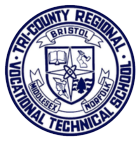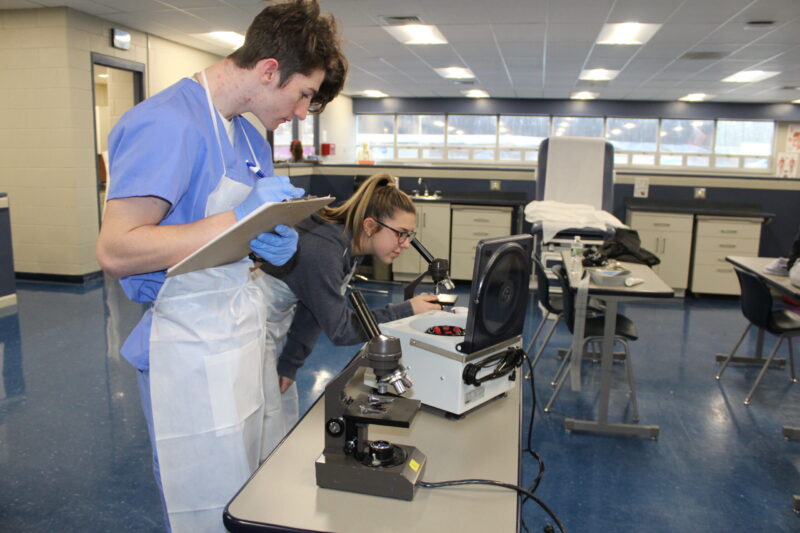Medical assisting is a multifaceted profession within healthcare that includes working in both an administrative and clinical role in an ambulatory care setting and hospital.
Administrative responsibilities may include communication with other allied health professionals, patients and their caretakers, scheduling procedures and appointments, billing and insurance, reception, medical record documentation, and inventory management.
Clinical responsibilities may include vital signs, medical asepsis, infection control, patient education, assisting with varied medical procedures, specimen collection and preparation, testing and processing. Students will be responsible for various screening tests and proper documentation. They will learn to administer medications through various routes.
The United States Department of Labor has projected a 29% growth rate for Medical Assistants through 2026. This is a higher than average growth rate producing an average annual opening rate of nearly 3,000 positions throughout Massachusetts.
The Medical Assisting program offers certificates in Medical Assisting, Phlebotomy, EKG, CPR for Health Care Workers and OSHA 10. Basic laboratory skills, administrative skills, medical records, venipuncture, medications and electrocardiography will be explored through both classroom and laboratory experiences.

